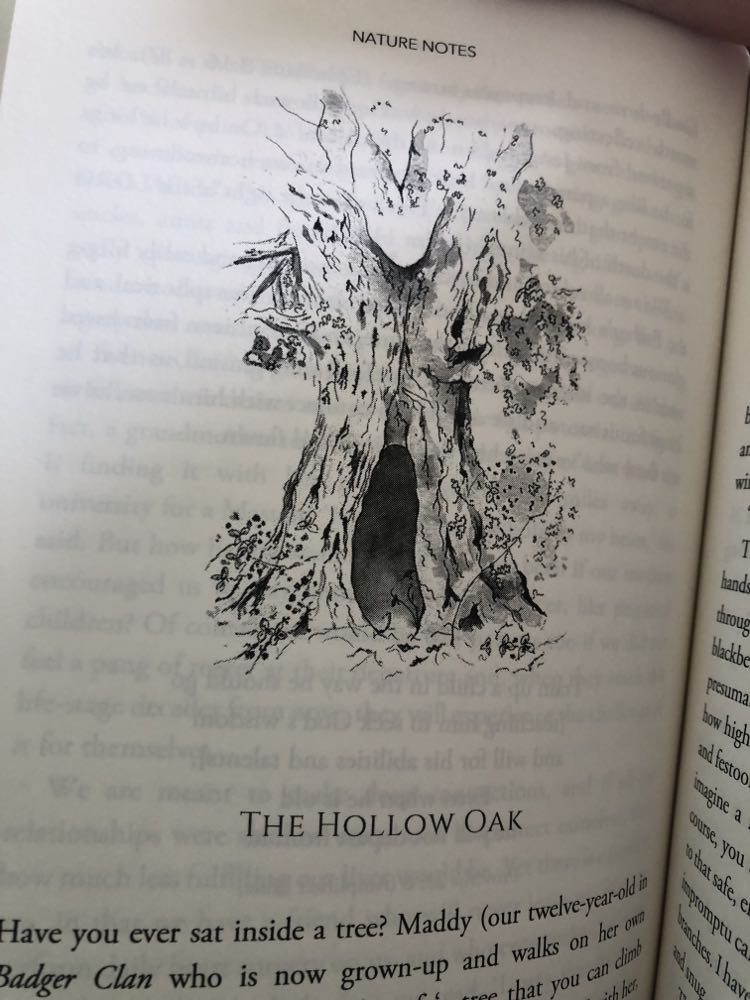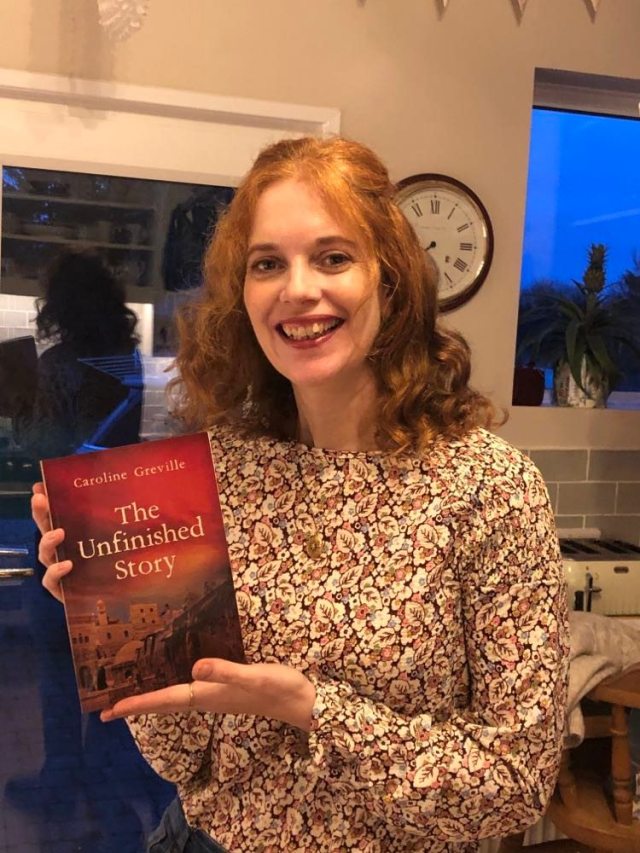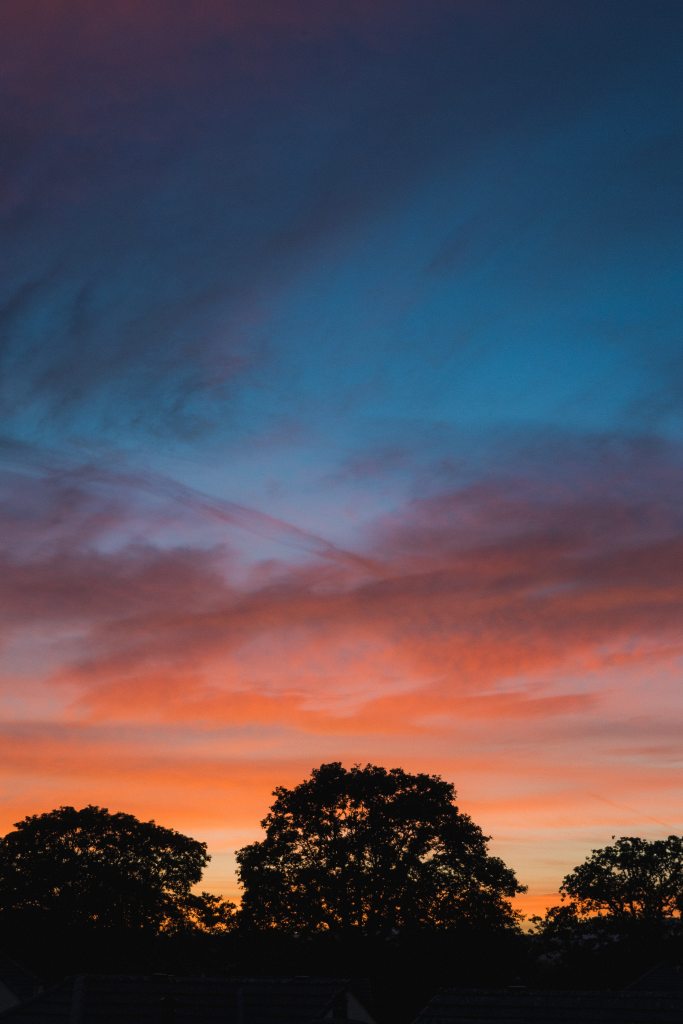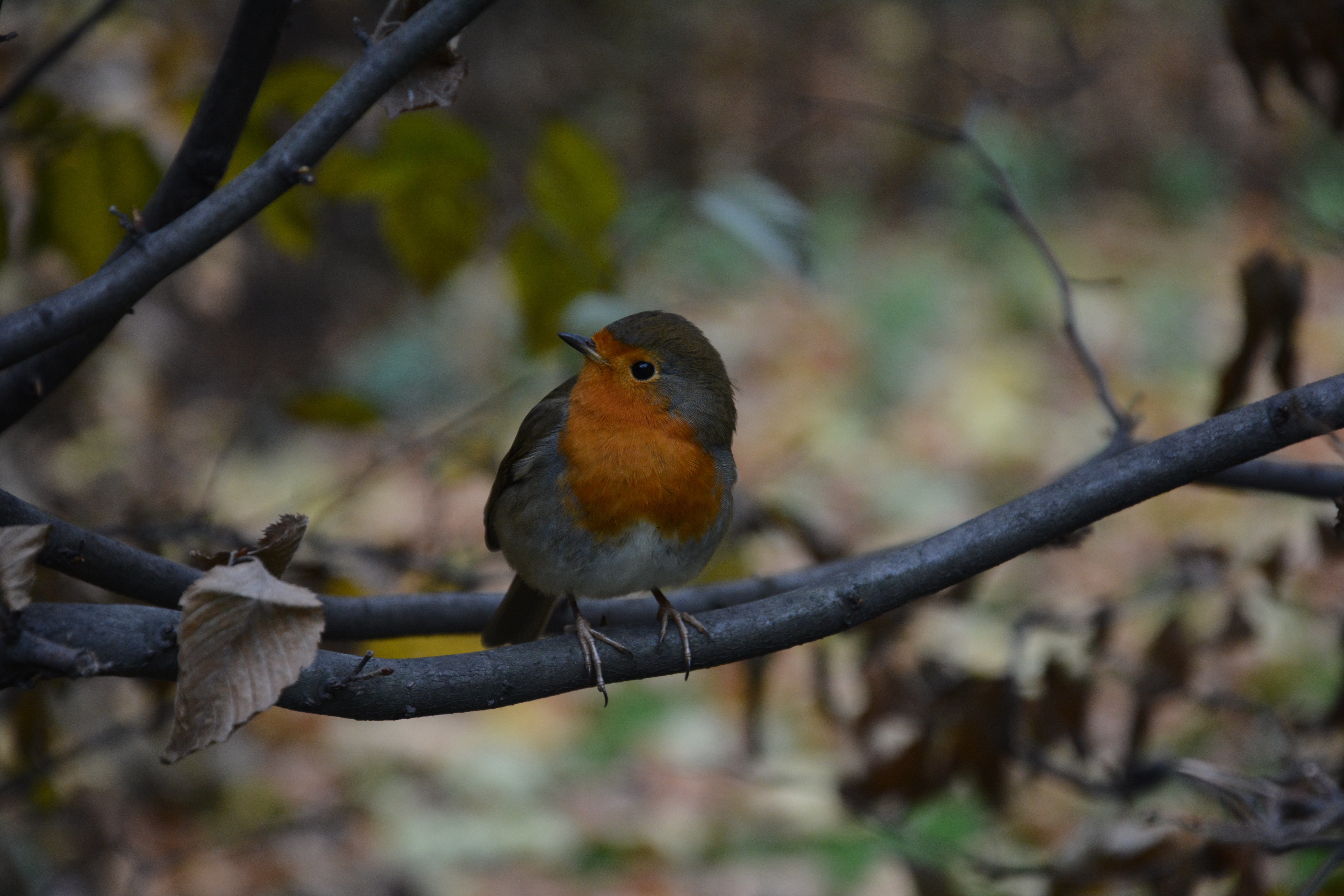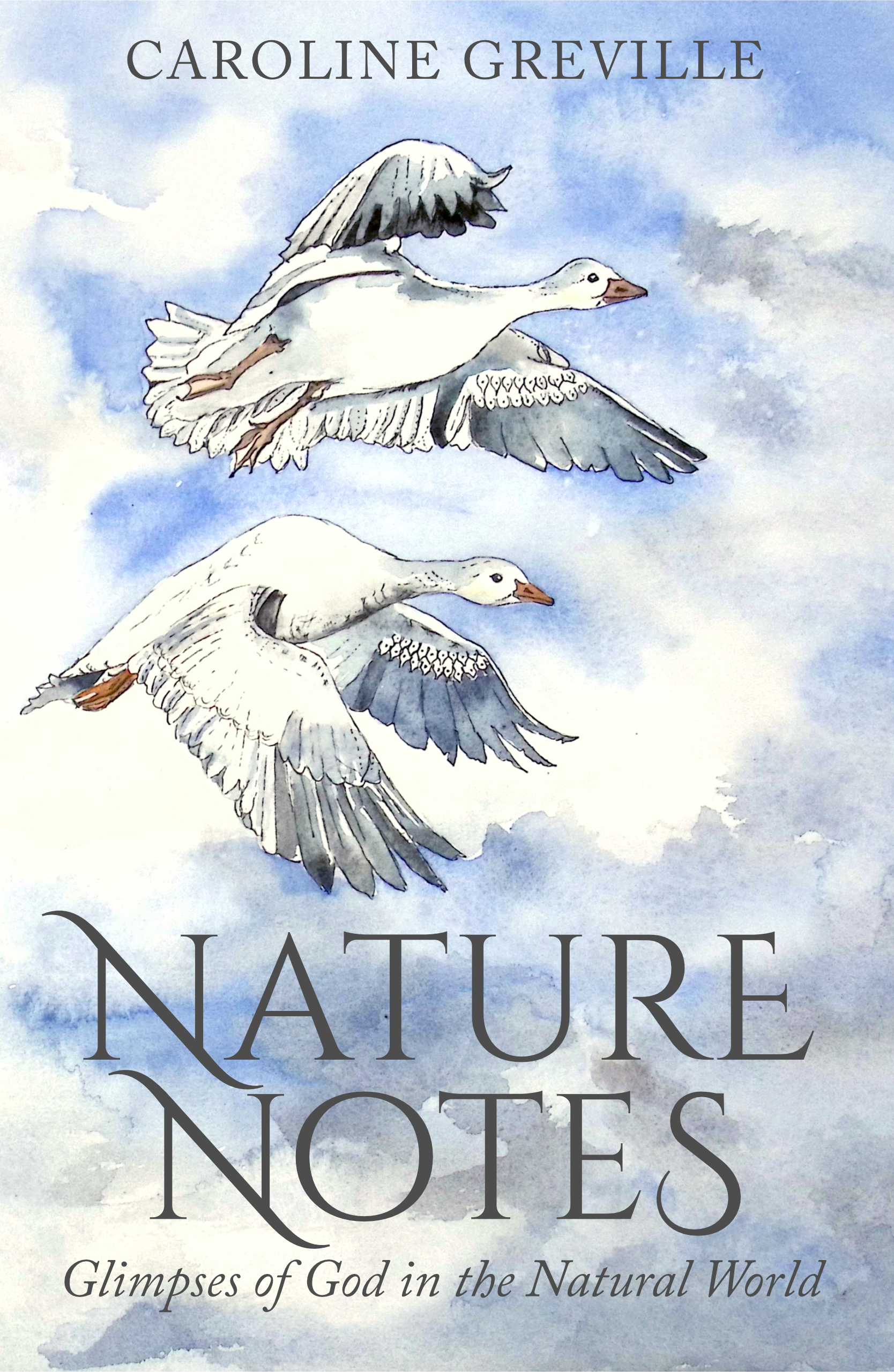
NATURE NOTES has been out for a month now and the questions have started. How did it come about? Why did I write it? How long did it take? Some of the notes have their origins in this blog, which has been going since 2017. Over time the blog became more about my faith and interest in nature, and lockdown was the turning point: nature became more significant for many of us, and physical church meetings were not possible; the blog was then a means of connection with people who I’d normally see but couldn’t. The blog began to grow, and I realized there may be a book in it! I have had such an encouraging response to my blog: sometimes direct messages and conversations, but also evidence of people reading from closed countries where it is hard to be a Christian believer, or to find ‘uplifting’ material to read. I learn about these folk from my blog stats.
My devotional nature writing it an integral part of who I am – it comes from a very personal, private place, and yet I’ve learnt that others relate to it and want me to share it. If it helps people and enables even just a few to encounter God, then why not?
What qualifies me to write it? I am no scientist! That said, my PhD is in narrative non-fiction, and in particular, in nature writing. My Christian faith is very important to me and influences how I interpret the world. In this book I relay some of the metaphors I have found in nature and how they assure me about who God is and of his care for us; his meticulous attention to detail, his provision for even the smallest creature, the astonishing beauty that’s all around us.
Some of you will be looking at this as you’re interested in the artwork and how a cover comes about. Below is my painting that was the starting point – three snow geese in flight. The intention was for this to be a wraparound cover, so the bird on the left is on the back cover, with the blurb beneath. (Scroll down for a couple of illustrations in situ.)

The Blurb
‘Our creator God can speak profoundly without words.’
Part nature book, part devotional, Caroline Greville’s Nature Notes invites you to into the world of small wonders. Wonders we know little about, that we pass by yet do not really see.
Insects with Sat Nav ability, with inbuilt combs or unclipping wings. Birds with vertical take-off, that sing over 160 syllables in sequence or that are constantly on the wing. Small flowers that change colour once pollinated, and the minute flowers within snowflakes, each one unique.
Each reflection carries spiritual metaphors and application. If these are God’s fingerprints, what do they say about Him, the One who left them there, who created it all? What are the implications for our lives?
These pages will leave you not ‘spell-bound’ but God-bound, on a quest to encounter the One who is behind it, who longs for you to know Him more.
Reviews
“Caroline Greville’s book Nature Notes is an extremely beautiful and timely call to lift our eyes above the addictive demands of the mobile phone, the need to fill every second with frantic activity, and to stop and let God speak through one of his favourite mediums…the book of Nature. Each reading is a parable in itself, as well as containing so much insight into the natural world. It is enough to think about throughout the day, transformative in its call to not just see, but to receive and be changed by the ‘still small voice’.
Caroline’s love for God and passion for nature combine with her creative gift of teaching, to make this a pearl of a book, to delight in and reread as both a daily devotional and a tutoring in nature and the wild ways of God.” Grace Turner, author and speaker
“Caroline Greville writes with a gossamer touch as she charts her close relationship with the Creator in whom she deeply trusts. This book is not only a joy to read; t has filled me with the Holy Spirit and caused me to pause and sing God’s praises.” Bobbie Ann Cole, author and speaker
Where is the book available? It’s becoming more widely available, but here are a few outlets:
Amazon (hardback and paperback)
Waterstones: https://www.waterstones.com/book/nature-notes/caroline-greville/9781739383305
Blackwell’s, with free postage:https://blackwells.co.uk/bookshop/product/Nature-Notes-by-Caroline-Greville/9781739383305
Hive.co.uk: https://www.hive.co.uk/Search/Keyword?keyword=caroline%20greville&productType=0
In the US, Barnes and Noble: https://www.barnesandnoble.com/w/nature-notes-caroline-greville/1143405032 and Bookshop.org: https://bookshop.org/p/books/nature-notes-glimpses-of-god-in-the-natural-world-caroline-greville/20035218

